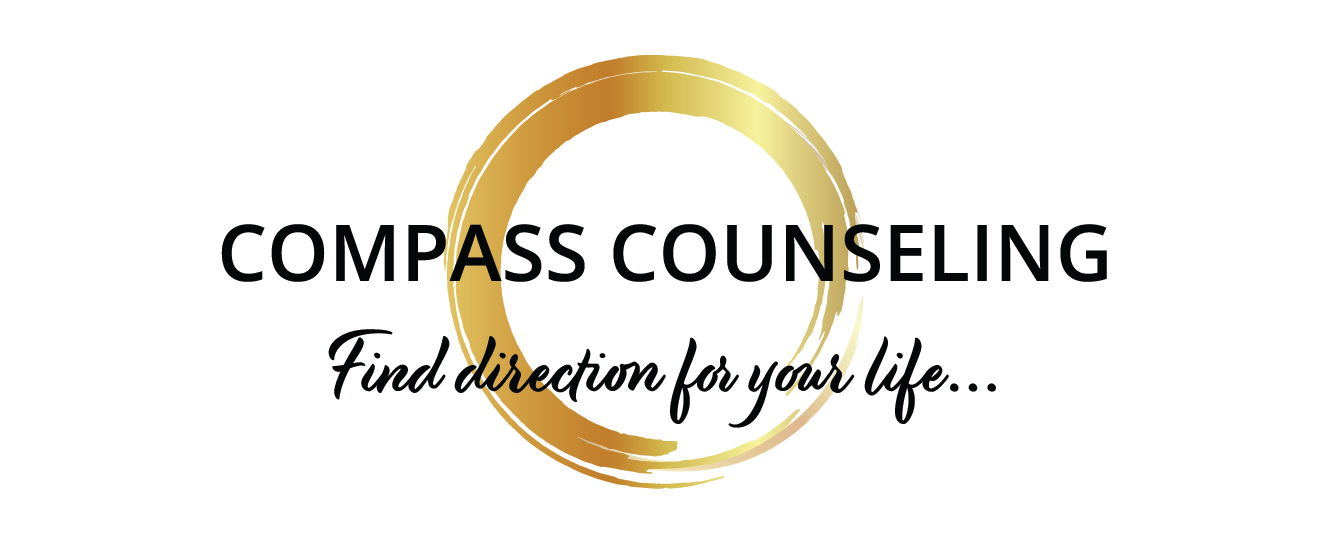FAQs
Q: How does psychotherapy work?
A: Successful treatment is the result of three factors working together:
- Evidence-based treatment that is appropriate for your problem.
- The therapist’s clinical expertise.
- Your characteristics, values, culture and preferences.
When people begin psychotherapy, they often feel that their distress is never going to end. Psychotherapy helps people understand that they can do something to improve their situation. This leads to changes that enhance healthy behavior, whether it’s improving relationships, expressing emotions better, doing better at work or school, or thinking more positively. This is very empowering!
While some issues and problems respond best to a particular style of therapy, the therapeutic relationship between you and I is what remains critical and important.
Keep in mind that as psychotherapy progresses, you may feel overwhelmed. You may feel more angry, sad or confused than you did at the beginning of the process. That doesn’t mean psychotherapy isn’t working! Instead, it can be a sign that therapy is causing you to confront difficult truths or do the hard work of making changes. In such cases, these strong emotions are a sign of growth, rather than evidence of a standstill.
Q: How long should psychotherapy take?
A: How long psychotherapy takes depends on several factors:
- The nature of the problem or concern you are bringing to therapy
- Your personal characteristics and history,
- What you would like to change, or to be different
- What else is going on in your life
- How fast you able to make progress
Some people feel relief after only a single session of psychotherapy. Meeting with a therapist can give a new perspective, help you see situations differently, and offer relief from pain. Most people find some benefit after a few sessions, especially if working on a single, well-defined problem and didn’t wait too long before seeking help.
If you’ve been suffering from extreme anxiety, for example, you might feel better simply because you’re taking action — a sign of hope that things will change. Therapy might also offer a fresh perspective early in your treatment that gives you a new understanding of your problem. Even if your problem doesn’t go away after a few sessions, you may feel confident that you are already making progress and learning new coping skills that will serve you well in the future.
Other people and situations take longer to benefit from psychotherapy. They may have experienced serious traumas, have multiple problems, or just be unclear about what’s making them unhappy. It’s important to stick with psychotherapy long enough to give it a chance to work.
Those with serious mental illness or other significant life changes may need ongoing psychotherapy. Regular sessions can provide the support they need to maintain their day-to-day functioning.
Others continue psychotherapy even after they solve the problems that brought them there initially. That is because they continue to experience new insights, improved well-being, and better functioning.
Q: What are some of the reasons people choose therapy?
A: People seek psychotherapy for a range of reasons in everyday life. Some pursue psychotherapy for treatment of depression, anxiety or low self-esteem. Others want help coping with major life transitions or changing problem behaviors: the loss of a job, a divorce, or the death of a loved one. Yet others need help managing and balancing the demands of parenting, work and family responsibilities, coping with medical illness, improving relationship skills, or managing other stressors that can affect just about all of us.
Stigma connected to getting help for psychological or behavioral concerns used to be a strong deterrent for people. Getting help is now seen as a sign of resourcefulness and strength. Researchers continue to find new links emphasizing the value of taking care of mental health to ensure good physical health, often called the mind-body health connection. Emotional problems can show up as physical symptoms; when we are physically ill, we may develop emotional issues.
Q: Isn’t talking to family members or friends is just as effective as going to a clinical therapist?
A: Support from family and friends you can trust is important when you’re having a hard time. But a therapist can offer much more than talking to family and friends. Therapists have years of specialized education, training and experience that make them experts in understanding and treating complex problems and relationships. Research shows that psychotherapy is effective and helpful. The techniques a therapist uses during psychotherapy are developed over decades of research and are more than “just talking and listening.”
Therapists can recognize behavior or thought patterns objectively, more so than those closest to you who may have stopped noticing — or perhaps never noticed. A therapist might offer remarks or observations similar to those in your existing relationships, but the help can be more effective due to timing, focus, or your trust in their neutral stance.
Q: Can’t I get better on my own if I just try hard enough and keep a positive attitude?
A: Many people have tried to solve their problems on their own for weeks, months or even years before starting psychotherapy but have found that that it is not enough. Deciding to start psychotherapy doesn’t mean you’ve failed, just like it doesn’t mean you’ve failed if you can’t repair your own car. There may be a biological component to some disorders, such as depression, eating disorders, or panic attacks, which make it incredibly difficult to heal yourself. In reality, having the courage to reach out and admit you need help is a sign of strength rather than weakness — and the first step toward feeling better.
Q: Doesn’t a therapist just blame all your problems on your parents, or your childhood experiences?
A: One component of psychotherapy might entail exploring childhood experiences and significant events impacting your life. Relating information from your family background can help both you and me understand your perceptions and feelings, current coping strategies, or see patterns that developed. The point of wanting you to look backward is to better understand your present and make positive changes for the future.
However, in some instances I will choose to focus mainly on the current problem or crisis that brought you into treatment and not delve into your past at all. You’ll learn how to incorporate techniques and use tools that will help change your current thoughts or behaviors contributing to your problem. Therapists who use an eclectic style of psychotherapy, as I do, know how to guide the session to include discoveries about your past with reflections on current problematic thoughts or behaviors.
Q: What can I expect in my first session?
A: Your initial meeting will likely consist of a casual, relaxed conversation. We will discuss the nature, history and specifics of your concerns, the solutions you have attempted on your own, and what you would like to be different in your life. The meeting will last approximately one hour, and you will have an opportunity to have your questions addressed.
Q: Is therapy confidential?
A: You can be completely honest with me without concern that anyone else will know what you reveal. The therapeutic relationship is grounded in confidentiality. There are a few exceptions when a therapist is legally bound to inform others, such as if you threaten to harm yourself or someone else. In fact, people often tell their therapist things they have never before revealed to anyone else.
If you need your therapist to speak with another person, or if anyone asks questions about you, you must provide written consent for such discussions. Otherwise, your information will not be shared.
Q: Is medication a substitute for therapy?
A: A combination of medication and therapy has been the proven treatment in many situations where there is a physical component to a patient’s reported symptoms. When medication would be a helpful tool for my patient, I work closely with the patient’s medication provider to make sure it is working properly, and to assist in giving helpful feedback to that provider.
Q: How can therapy help me?
A: A number of benefits are available from participating in psychotherapy. Therapists can provide support, problem-solving skills, and enhanced coping strategies for issues such as depression, anxiety, relationship troubles, unresolved childhood issues, grief, stress management, body image issues and creative blocks. Many people also find that counselors can be a tremendous asset to managing personal growth, interpersonal relationships, family concerns, marriage issues, and the hassles of daily life. Therapists can provide a fresh perspective on a difficult problem or point you in the direction of a solution. The benefits you obtain from therapy depend on how well you use the process and put into practice what you learn. Some of the benefits available from therapy include:
- Attaining a better understanding of yourself, your goals and values
- Developing skills for improving your relationships
- Finding resolution to the issues or concerns that led you to seek therapy
- Learning new ways to cope with stress and anxiety
- Managing anger, grief, depression, and other emotional pressures
- Improving communications and listening skills
- Changing old behavior patterns and developing new ones
- Discovering new ways to solve problems in your family or marriage
- Improving your self-esteem and boosting self-confidence
Q: Do you accept insurance? How does insurance work?
A: I am a contracted provider for almost all commercial policies, with the exception of Medicare.
To determine if you have mental health coverage, the first thing you should do is check with your insurance carrier and find the answers to the following questions:
- What are my outpatient mental health benefits?
- Do I have a deductible or copay?
- How many therapy sessions does my plan cover?
My policy is to double check the same information, so that we are both on the same page from the beginning.





